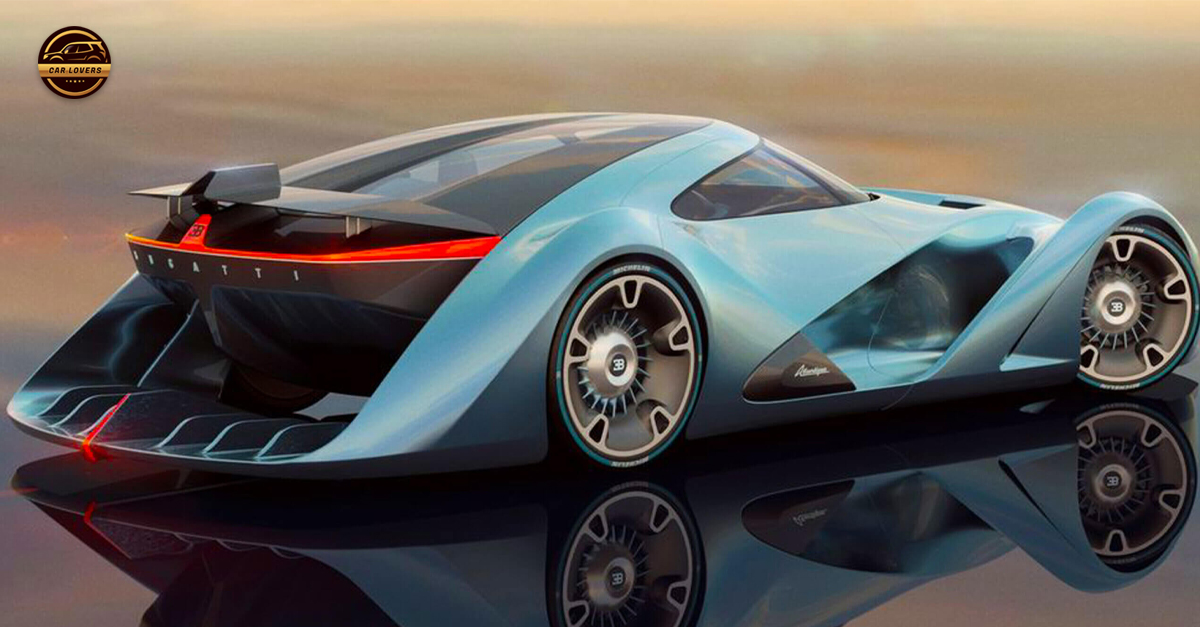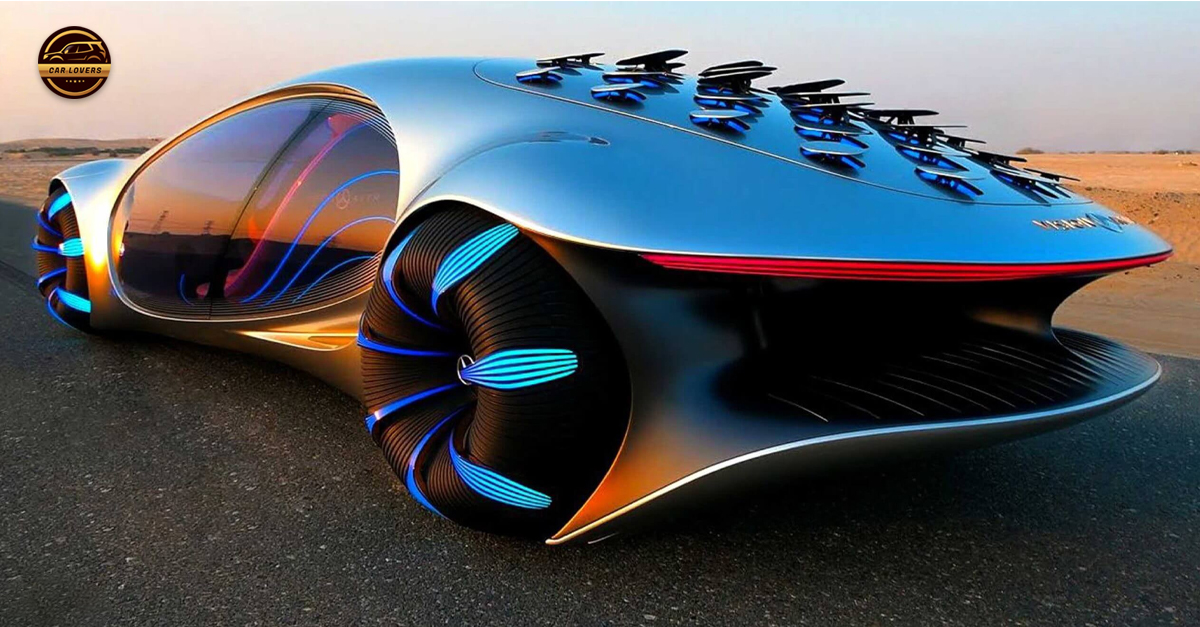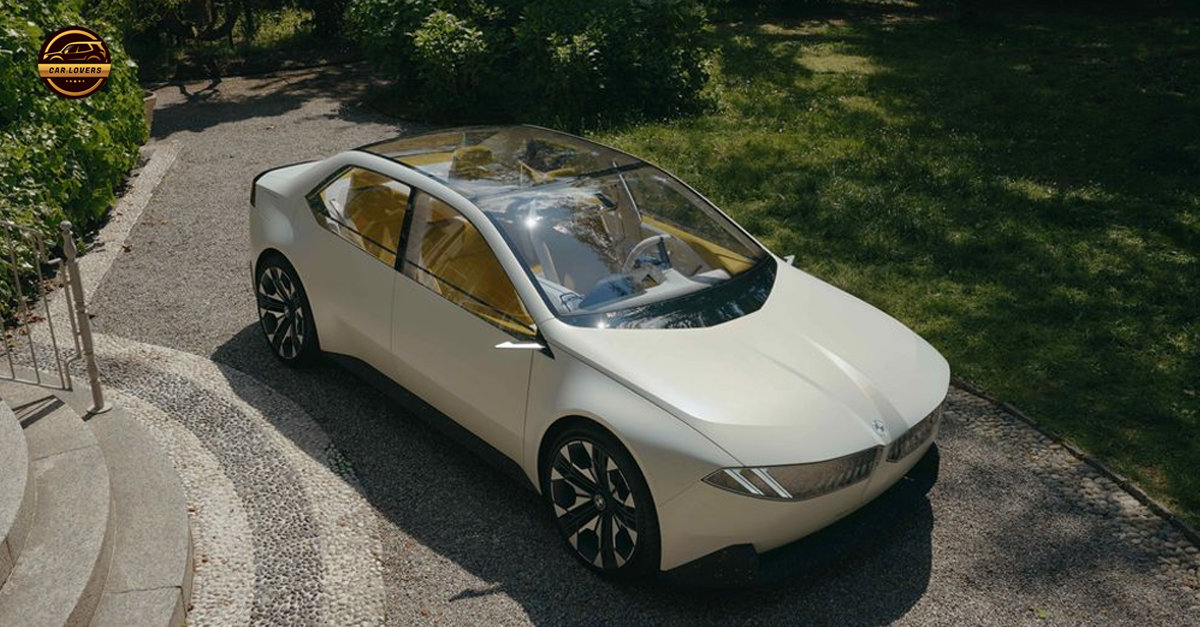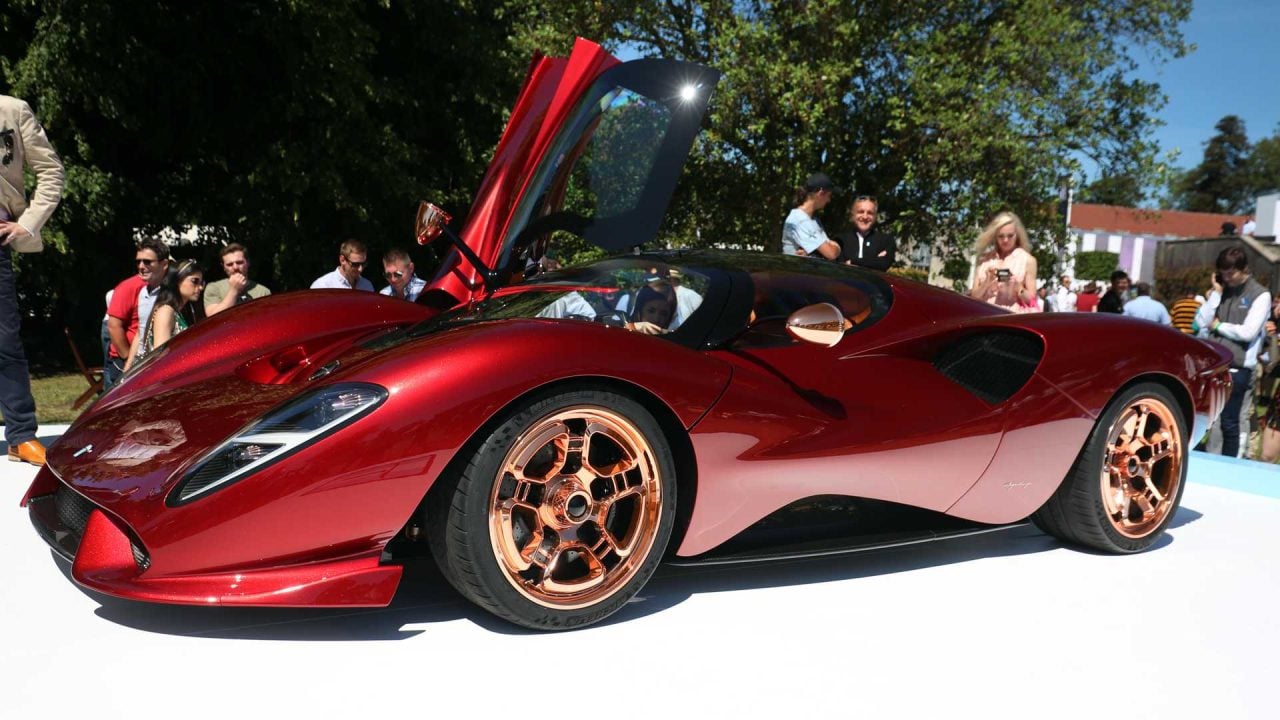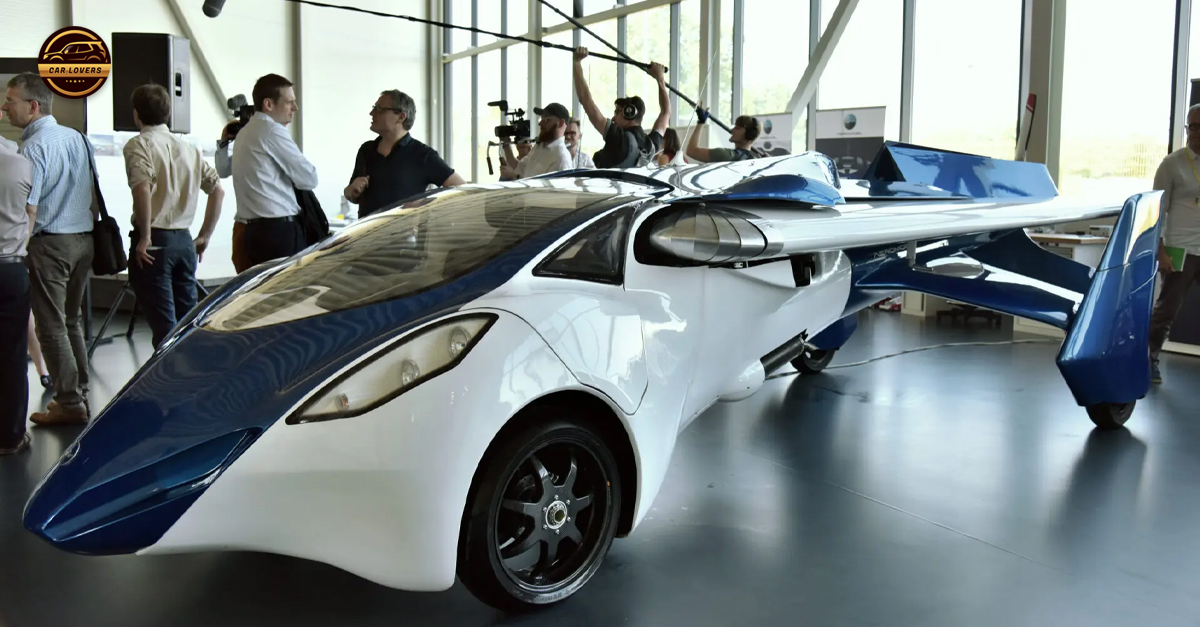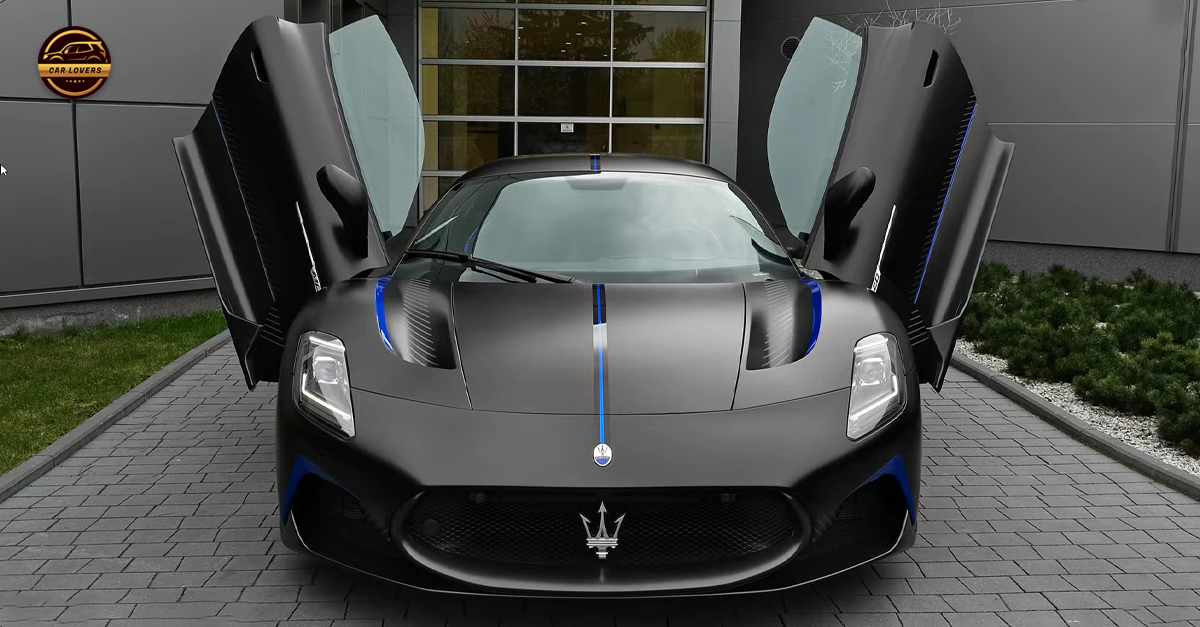SEMA and its 7,000 members feel that combustion still has a place in America.
The Specialty Equipment Market Association, more commonly known as SEMA, released a statement regarding the Biden administration’s strict proposed emissions standards, which could lead to more than two-thirds of all new vehicle sales being electric by 2032.
“On behalf of more than 7,000 SEMA members, we have significant concerns regarding the impact of these proposed regulations on small automotive businesses,” wrote Mike Spagnola, president and CEO of SEMA. “The specialty aftermarket industry supports more than one million US automotive manufacturing jobs, yet these people and businesses are often overlooked in the push to electrify our automotive sector.”
According to Spagnola, SEMA supports the efforts to reduce greenhouse gas emissions but also advocates for consumers and the marketplace to choose what best works for them.
 TJ Hunt/Facebook
TJ Hunt/Facebook
Spagnola does have a point, as the government is spending a disproportionate amount of money on a segment that only accounted for 5.8% of sales in 2022. Since the adoption of the Bipartisan Infrastructure Bill, the Biden administration has allocated $10 billion to expand the alternative fuel network. Most of these billions will go to EV charging stations, as the US government has yet to recognize sustainable synthetic fuel as an alternative. This is quite odd for a government that will have the largest synthetic fuel refinery in its backyard by 2027.
“There are many options on the road to zero emissions, and we feel it is crucial for government policy to remain technology neutral. Yet it is clear from the Biden administration’s actions and words that electrification is their technology of choice,” Spagnola stated.
This argument has merit as well. Very few automotive manufacturers remain dedicated to internal combustion due to the pressure from not only the White House but various other governments across the globe too.
 ABC News/YouTube
ABC News/YouTube
Out of all the automakers, Porsche seems to be doing the most. The German brand recently filed a patent suggesting that it’s still developing internal combustion engines. Porsche’s contributions to developing synthetic fuel also can’t be ignored, but even this bastion of internal combustion is not secure. By 2030, Porsche’s model split will be 80% electric and 20% ICE, which likely means the 911 Carrera will be the only gas-powered car in its range.
SEMA is rightfully concerned about gas-powered models dropping like flies. “The specialty automotive aftermarket industry has been built around the internal combustion engine. It is also the same industry that has led the way in fuel innovations and conversions of old vehicles into new and cleaner technologies,” said Spagnola. We’re inclined to agree, as the most environmentally-friendly vehicle you can buy is one that already exists.
 larry_chen_foto/Instagram
larry_chen_foto/Instagram
“This large-scale shift will significantly disrupt automotive industry supply chains and potentially eliminate large numbers of jobs in vehicle manufacturing, parts production, and repair shops,” Spagnola states. “We are here to support the work of small business innovators while protecting the small business owners and those they employ by letting the market and innovation drive solutions to the environmental challenges we all seek to solve.”
More unintended consequences are being discovered with the EV revolution quickly ramping up, such as EVs being too heavy for multistory car parks or heavier vehicles presenting a much bigger threat in a car crash.
While the various factories and battery assembly plants being built in the USA right now will create thousands of new jobs, those are a drop in the ocean compared to the millions of jobs Spagnola is talking about in this statement.
The proposed emissions standards are not set in stone, however. The Environmental Protection Agency’s (EPA) proposals must be published for public review and comment. You can be sure that SEMA’s representatives will be first in line to air their grievances.
